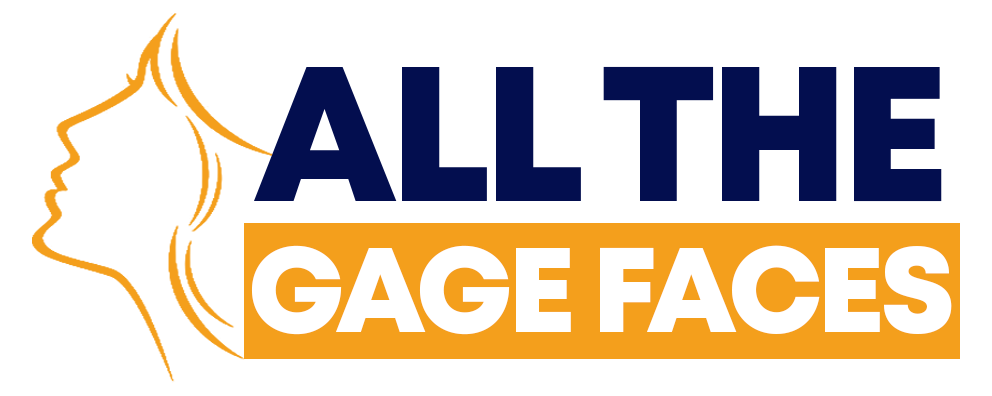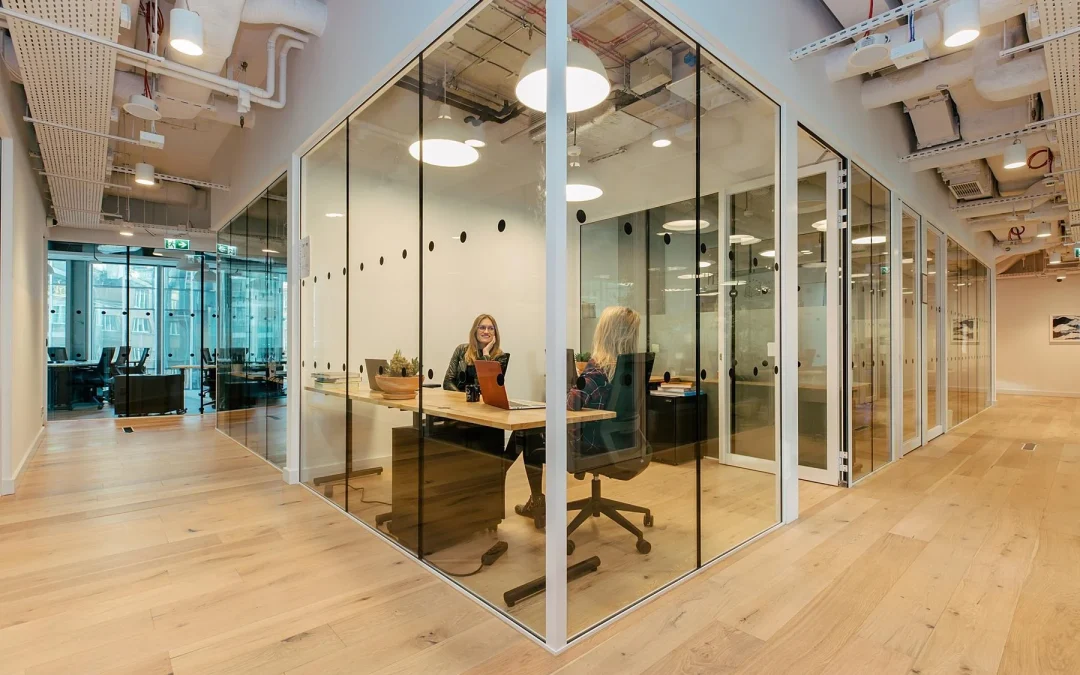Knotel is a proptech startup that provides flexible office spaces to businesses. The company was founded in 2016 by Amol Sarva and Edward Shenderovich and has since grown to become a major player in the co-working industry. In 2018, Knotel raised $70 million in a Series B financing round led by Newmark Knight Frank and The Sapir Organization [1]. This funding helped Knotel expand its operations and increase its valuation to $1 billion [3]. However, in 2021, Knotel filed for bankruptcy, and its assets were acquired by investor and commercial real estate brokerage, Newmark [2]. In this article, we will take an in-depth look at Knotel 70m and analyze the factors that led to the company’s rise and fall.
Knotel’s Growth and Expansion
Knotel’s growth and expansion were fueled by its ability to provide flexible office spaces to businesses of all sizes. The company’s business model allowed it to lease large office spaces from landlords and then sublease them to smaller businesses on a short-term basis. This model was attractive to businesses that needed flexible office space without the long-term commitment of a traditional lease.
Knotel’s expansion was rapid, with the company opening offices in major cities around the world, including New York City, Berlin, and China [3]. The company’s success was also due to its ability to provide customized office spaces that met the specific needs of its clients. Knotel’s clients included startups, small businesses, and large corporations.
Knotel’s Funding Rounds
Knotel raised a total of $560 million in funding over six rounds [1]. The company’s largest funding round was the $400 million Series C financing round led by Wafra, a Kuwaiti investment firm. This funding round increased Knotel’s valuation to $1.6 billion [1]. However, despite the significant amount of funding raised, Knotel was unable to sustain its growth and profitability.
Knotel’s Bankruptcy Filing
In January 2021, Knotel announced that it had filed for bankruptcy and that its assets were being acquired by Newmark [2]. The company’s bankruptcy filing was due to the economic impact of the COVID-19 pandemic, which led to a decline in demand for office space. Knotel’s business model relied on short-term leases, which made it vulnerable to fluctuations in demand.
Knotel’s bankruptcy filing was also due to its inability to pay rent on its leased office spaces. The company had signed long-term leases with landlords, but the decline in demand for office space meant that Knotel was unable to sublease the spaces to other businesses. This left Knotel with a significant amount of debt and no way to pay it off.
Knotel’s Future Prospects
Despite its bankruptcy filing, Knotel’s assets were acquired by Newmark, which plans to continue operating the company under the Knotel brand [2]. Newmark’s acquisition of Knotel’s assets provides an opportunity for the company to restructure its operations and become profitable.
Knotel’s future prospects will depend on its ability to adapt to the changing demands of the office space market. The COVID-19 pandemic has led to a shift towards remote work, which has reduced the demand for office space. Knotel will need to find ways to provide value to businesses that are looking for flexible office space in a post-pandemic world.
Conclusion
Knotel 70m was a proptech startup that provided flexible office spaces to businesses. The company’s growth and expansion were fueled by its ability to provide customized office spaces that met the specific needs of its clients. However, the economic impact of the COVID-19 pandemic led to a decline in demand for office space, which ultimately led to Knotel’s bankruptcy filing. Despite its bankruptcy filing, Knotel’s assets were acquired by Newmark, which provides an opportunity for the company to restructure its operations and become profitable.

